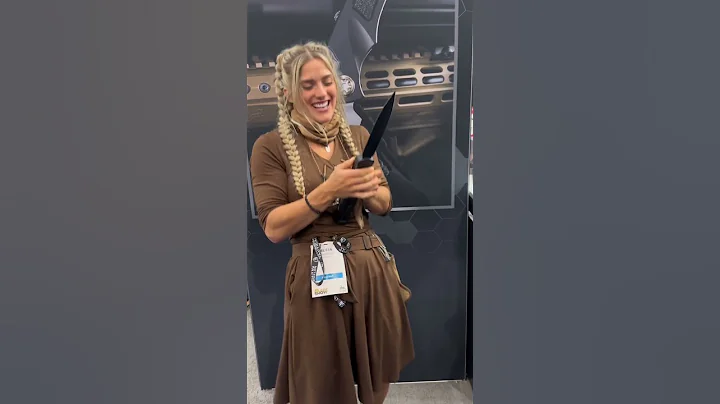html On August 15, S.A.G issued an article: Its founder, Zhang Bo, a well-known domestic sound engineer and mixer, died of a sudden myocardial infarction at his home in Beijing on August 14. He was 42 years old.

Zhang Bo was born in Zhangjiakou, Hebei Province in 1980. He had excellent grades since childhood and loved rock . After graduating from college, he worked for a company in the computer field in Beijing. After a brief white-collar experience, Zhang Bo joined Qilintong Records and truly began his career in music audio technology.
In 2009, Zhang Bo participated in the creation of Zhangbei Grassland Music Festival , and later participated in the creation of Beijing Changyang Music Festival and Chengdu Daai Music Festival... In 2013, Zhang Bo founded S.A.G. He has been dedicated to his passion for music and audio technology throughout his life, and has trained many outstanding sound engineers and mixers.
In addition, Zhang Bo participated in music recording as a mixer and sound engineer during his lifetime, including Liang Hanwen 's "The Unknown", Li Yuchun 's " Priceless Sister " "The Age of Innocence", Zuo Xiaozushu 's "Night in Ulaanbaatar", "I Can't Sit Next to You Sadly", etc., and also for "I Am a Singer" and "Ace Pair" Ace" and other variety shows provide music technical support and post-production.
Myocardial infarction is fierce and has a high mortality rate.
Once it occurs, it can easily lead to massive myocardial ischemia and death,
and cannot be recovered.
Recognize the symptoms of myocardial infarction immediately and call 120.
is a key part of the treatment of myocardial infarction.
The typical symptoms of myocardial infarction are "heartache", or "chest pain". About 70% of acute myocardial infarction manifests itself through "heartache". "If severe chest pain lasts for half an hour, you must go to the hospital immediately."
In addition to typical symptoms, there are also atypical symptoms, most of which are gastrointestinal symptoms. According to statistics, about 30% of patients with acute myocardial infarction will have gastrointestinal symptoms before the attack, manifesting as abdominal distension, abdominal pain, diarrhea, nausea, and vomiting. It is easy to be misdiagnosed as acute gastroenteritis or indigestion, thus delaying myocardial infarction rescue. In the golden period, this situation is more likely to occur in the elderly.
In addition, there are symptoms such as profuse sweating, toothache, headache, sore throat, upper limb or back pain, throat pain and discomfort, etc. are also some symptoms of myocardial infarction and cannot be ignored.
Treatment reminder from a cardiologist
The rescue of myocardial infarction requires three hurdles: the first is the patient himself, the second is emergency transportation, and the third is hospital treatment, among which the patient is particularly critical.
Academician of the Chinese Academy of Sciences and director of the Department of Cardiology, Zhongshan Hospital Affiliated to Fudan University Ge Junbo reminded that if you suspect that someone is having a heart attack, you must do four things:
1. Let the patient sit down or lie down on the spot
Do not move it at will , help the patient up, and prevent the patient from becoming emotional.
2. Call 120
immediately if you suspect someone has a heart attack. The correct thing to do is to call 120 immediately and wait for rescue, rather than driving or taking a taxi to the hospital.
There are many disadvantages to sending patients to the hospital by themselves: First, moving patients at will or patients walking around on their own will increase the mortality rate outside the hospital; secondly, the hospital to which they are sent may not have the ability to treat myocardial infarction. Even if it has the ability, it may not be properly staffed. equipment and bed preparation, thereby delaying treatment.
3. Take medication with caution
If the patient has a history of coronary heart disease and suspects myocardial infarction, he can take nitroglycerin, aspirin and other drugs; but if there is no medical history or the patient's condition is unclear, it is best not to give the patient medication casually.
If possible, it is best to breathe oxygen. If there is no oxygen , just open the window.
4. Proper cardiopulmonary resuscitation
When a patient experiences cardiac and respiratory arrest, cardiopulmonary resuscitation can be performed.If the patient is still beating and breathing, cardiopulmonary resuscitation will increase the risk of ventricular fibrillation.
After arriving at the hospital, family members must trust the doctor and cooperate with the doctor to perform surgery as soon as possible.











